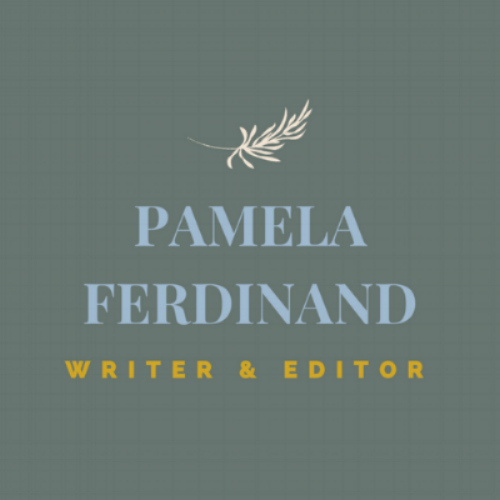Nanowrimo: Writing Habits to Make it Happen
It’s that time of year again for aspiring novelists everywhere: National Novel Writing Month, when people across the globe commit to writing 50,000 words in the 30 days of November.
You can sign up online to track your progress, get resources and tips, and network with other writers. Whether you do that or not, though, the organization has some useful tips for committing to writing on a daily basis. Writing, like any other skill, requires practice and patience, and it’s important to create habits that help you get out of your own way and produce words on the page.
Here are some things that I’ve found help me write on a daily basis:
• Write first. There’s something about plugging into social media and online news or even getting the kids ready for school first thing in the morning that scrambles my brain. I’m not a morning person, yet I do value that fuzzy, half-awake feeling at 6 a.m. that allows creativity to rush in before my internal censor wakes up. That’s why I try to get up early and tackle my daily word count before doing anything else (except making coffee!). If I accomplish that, then I feel good about the rest of the day.
• Write, don’t edit. If I am not working on a specific aspect of my novel, then I try to freewrite in a stream-of-consciousness way. Inevitably, something useful bubbles up. I don’t backtrack or edit what I’ve already done; I just move on and then use some dedicated time later to review things. I’m definitely not one of those people who can write 50,000 and never look back, but I do try to control the amount of time spent along the way revising and risking getting stuck.
• Use shortcuts to maintain momentum. Don’t be afraid of leaving gaps in dialogue, using bullets to note plot points and XXX as placeholders when you need to just keep going. Sometimes, I just write nonsense for dialogue that I know needs work. Remember: This is your crappy first draft, not the final manuscript. There’ll be time enough for revisions, and it’s far easier to edit actual written words than abstract ideas, however brilliant.
• Write when you can. Truly, there’s no perfect time to plonk out 50,000 words in a month. Most of us don’t live in seaside cottages with no distractions or responsibilities nor do we have cookie-cutter days with reliable routines and constant inspiration. At least I don’t. That said, there are probably certain times in the day or evening when you feel most inspired or energetic so try to schedule those times — literally, I mean in your calendar — to help make writing a priority. Also, don’t wait for a four-hour block of time to magically appear because it likely won’t. Grab those 15- and 30-minute periods in the day when you can scribble on a piece of paper or work on a specific piece of your book in small bites.
• Be accountable. Use the nanowrimo.org site to track your progress or find a writer friend with whom you can check in on a regular basis — not necessarily to read your work, but to let one another know that you are on task. A simple email or text will suffice: “300 words today” or “5,000 words this week.” Plan to meet at a coffeehouse or your local library for an hour a week or share your writing schedule with someone to make it harder to ignore yourself. In the morning, a painter friend and I text each other the messages, “Good morning, Artist” and “Good morning, Writer.” We laugh about it, but somehow that gets each us in the mindset to tackle our work — our creative work — each day.
• Write even when you aren’t writing. Take a nap, walk, garden, exercise or draw. While I wouldn’t recommend switching on the TV, running errands or meeting a friend for lunch, I would suggest taking thoughtful, solitary time to break through writing blocks and generate new ideas. Carry a small writing pad and pen with you, wherever you go (especially by your bed for all those great ideas you forget by the time you wake up in the morning). You may find creativity breaks even speed up your writing process because they can be so rejuvenating. You can also use them as rewards when you’ve already met your writing goal for the day.
• Stop writing when you are on a roll. Nobody wants to return to their work when they’re stuck. It’s like an awful reminder of what you failed to do. Instead, step away when you feel your creative juices flowing and can’t wait to write more. It’s a surefire way to avoid procrastination the next day because you simply can’t wait to get back to work!
What are your most productive writing habits? Click here for some novel writing tips.
